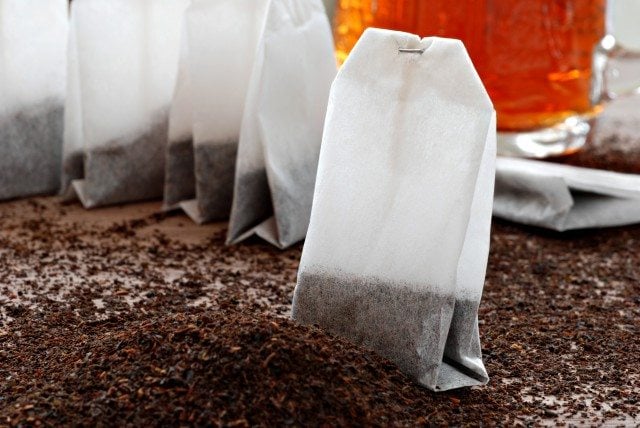Pineapple stimulates circulation in the legs.
Green tea helps the body to burn fat.
Vitamins added to pumpkin-seed oil encourage hair growth.
Before the Health Claims Regulation that came into effect in July 1, 2007, consumers were bombarded with these and many similar statements on a regular basis, states Tüv Süd.
Today they have disappeared from packaging and advertising material.
In the years before the Regulation was passed, consumers began to develop increased awareness of generally healthy diets.
Their interest in the concrete health effects of individual foods grew alongside the new mindset.
This interest is still very much alive today, but has often been disappointed by advertising claims that have failed to live up to scientific and specialist findings.
Many a flowery slogan, the brainchild of advertisers, only served to spread uncertainty among consumers, or even deceived them over the actual effect of the product ingredients.
Legal provisions
To clamp down on advertising using health-related claims, the European Parliament and the Council of the European Union adopted the Health Claims Regulation 1924/2006.
Since its passing, any information provided about the nutritional value or health effects of foods – such as claims of ‘low-calorie’ or ‘sugar-free’ – must comply with rigorous standards.
The Regulation’s enforcement imposed the need for scientific proof as the basis for all nutritional or health-related information.
Under the law, producers seeking to use such claims must now obtain official approval by applying to their appropriate national official body.
In Germany, that body is the Federal Office of Consumer Protection and Food Safety, based in Braunschweig.
Before approval is granted, food manufacturers must submit studies showing that their products offer additional benefits over conventional products.
The national body and the European Food Safety Authority only grant approval if all doubts can be removed concerning the correctness of the statement or the effectiveness of the advertised substance.
In the first year of the Regulation, the EFSA received 44,000 applications from all over Europe.
To date, only a tiny fraction has received approval, with fewer than 250 claims registered in the EU’s ‘positive list’ of approved claims.
Some examples of claims that have been rejected by food safety authorities in recent years are:
– Chocolate that helps growth,
– Blueberry extracts that boost night vision,
– Dairy products that promote dental health,
– Fish oil that thins the blood,
– Mineral water that prevents blood sugar from spiking,
– Food supplements that improve blood lipid levels or regulate body composition in cases of slight to moderate overweight,
– Margarines that lower blood cholesterol or reduce cardiovascular risk,
– Natural mineral water that visibly improves skin texture, and
– Proteins that ease restlessness.
Compliance with the complex legal standard involves considerable testing and verification efforts for all stakeholders.
But the results are beneficial for consumers.
“Food advertising may be rather less colorful than it was 10 years ago”, notes Dr. Andreas Daxenberger, Tüv Süd’s food expert.
“Both consumers and manufacturers themselves are more effectively protected from overblown claims.”










